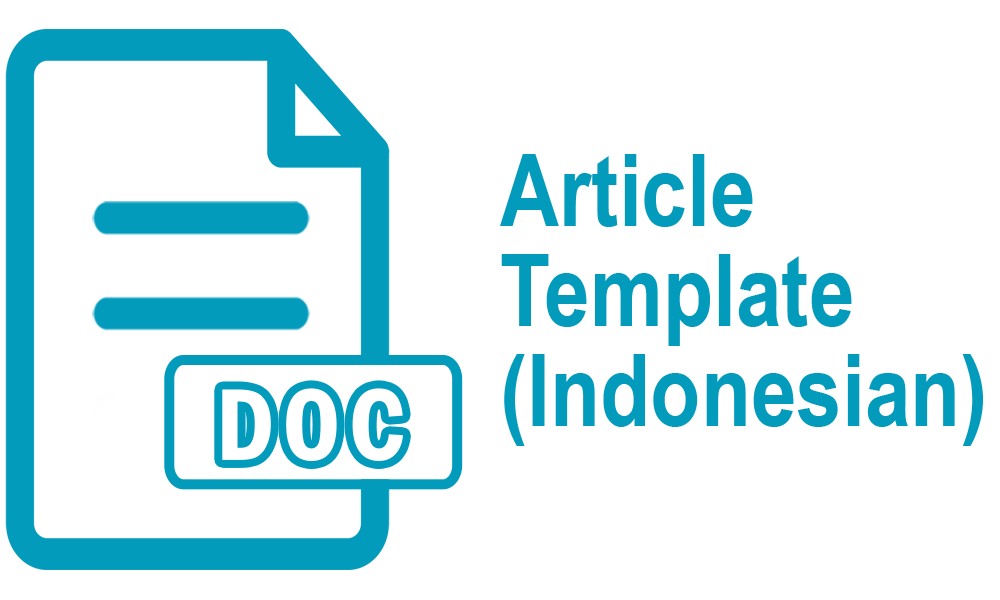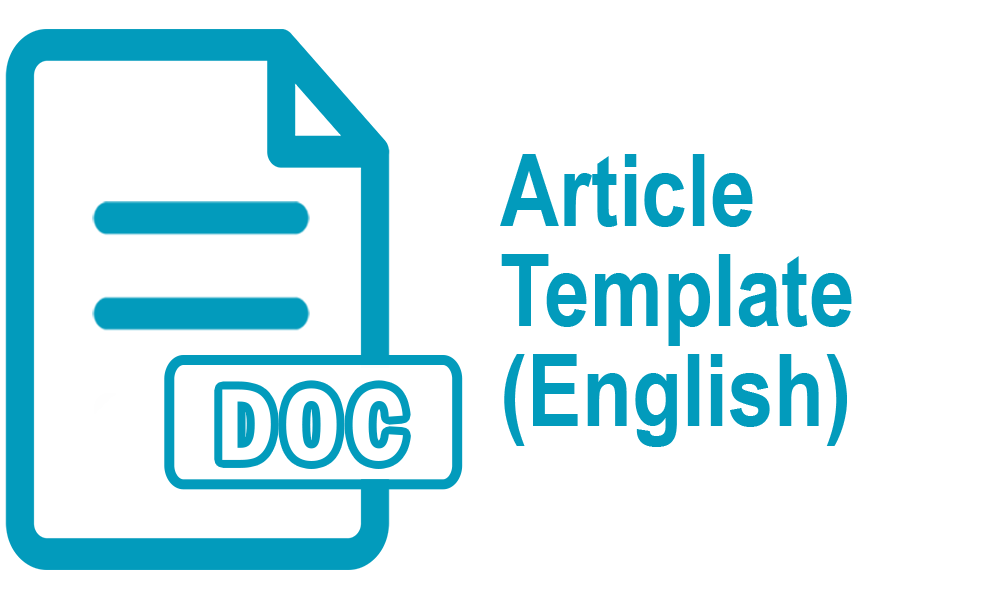THE PORTRAYAL OF DISCRIMINATION TOWARDS FEMALE CHARACTERS IN THE HIDDEN FIGURES MOVIE
Abstract
This research discussed the issues of discrimination occurred toward the black female characters in The Hidden Figures movie. It aimed to describe the types of discrimination and to explain the impacts toward the black female characters. The researcher used the qualitative research as the method and feminist literary criticism as the approach of this research. The data derived from narrations and dialogues in the movie script related to the research questions. The findings of this research showed that there were two types of discrimination portrayed in the movie; those are derogation and denial. The findings also showed that the impacts of discrimination toward black female characters emerged in psychological and economic fields.
Keywords
Full Text:
PDFReferences
Crenshaw, Kimberle. ”Race and the Politics of Supreme Court Appointments: The Import of the Anita Hill/Clarence Thomas Hearings: Race, Gender, and Sexual Harassment.” Southern California Law Review 65 (1992): 1467-1470. Print.Daley, James G, and Kath Lay. “A Critique of Feminist Theory”. Advances in Social Work. Vol.8 No.1 (2007): 49-67. Indiana University School of Social Work. Web. 6 February. 2019.
DiYanni, Robert. Literature: Reading Fiction, Poetry, Drama. McGraw Hill, 2001. Print.
Fishbein, Harold D. Peer Prejudice and Discrimination: The Origins of Prejudice. London: Lawrence Erlblaum Associates Publisher, 2002. Print.
Gill, Richard. Mastering English Literature. London: MAcmilan Press ltd., 1995.
Herbst, P. H. The color of words: An encyclopaedic dictionary of ethnic bias in the United States. Yarmouth, ME: Intercultural Press, 1997. Print.
Hooks, Bell. Ain’t I a Woman: Blak Woman and Feminism. London: Pluto Press, 1982. Print.
Khalek, Ahmed M.A. Introduction to the Psychology of Self-Esteem. Nova Science Publishers Inc, 2016. Print.
Klobuchar, Amy. The Economic Consequences of Discrimination Based on Sexual Orientation and Gender Identity. The United States Congress Joint Economic Committee Democratic Staff. Web. 1 December 2019.
Miles, Matthew B, and A M. Huberman. Qualitative Data Analysis: An Expanded Sourcebook , 1994. Print.
Nair, Rekha J. Self-Image and Self-Esteem for a Positive Outlook. Training Manual on Theeranaipunya – Equipping Fishermen Youth for Future. CMTRI, 2016. Pdf.
Patton, Michael Q, and Cochran, M. A Guide to Using Qualitative Research Methodology, 2002. Print.
Perry, Brea L., et al. “Racial and Gender Discrimination in the Stress Process: Implications for African American Women’s Health and Well-Being.” Sociological Perspectives. Vol.56, No.1. (2013): 25-48. Web. 7 July.2019.
Rokhmansyah, A., Valiantien, N. M., & Giriani, N. P. “Kekerasan terhadap Perempuan dalam Cerpen-Cerpen Karya Oka Rusmini.” LITERA, Vol.17, No.3 (2018): 279-298. Pdf.
Rose, P. I. They and We: Racial and Ethnic Relations in the United States (5th ed.). New York: The McGraw-Hill Companies, Inc.,1997. Print.
Semi, M. Atar. Anatomi Sastra. Padang: Angkasa Raya, 1988. Print.
Smith, Sharon. “Black Feminism and Intersectionality”. Issreview. International Socialist Review. Web. 13 March. 2019. Pdf.
Tyson, Lois. Critical Theory Today: A User-Friendly Guide. New York: Routledge, 2006. Print.
Versey, H.S., Curtin, N., The differential impact of discrimination on health among Black and White women. Social Science Research (2016). Web. 7 July. 2019.
DOI: http://dx.doi.org/10.30872/jbssb.v5i2.3252
Refbacks
- There are currently no refbacks.
Copyright (c) 2021 Rika Eliyana, Setya Ariani, Indah Sari Lubis
Editorial address:
Fakultas Ilmu Budaya, Universitas Mulawarman
Jl. Ki Hajar Dewantara, Gunung Kelua, Kec. Samarinda Ulu, Kota Samarinda, Kalimantan Timur, Indonesia 75123
Email: jurnalilmubudaya.fibunmul@gmail.com
Website: http://e-journals.unmul.ac.id/index.php/JBSSB
Ilmu Budaya: Jurnal Bahasa, Sastra, Seni, dan Budaya is licensed under a Creative Commons Attribution-ShareAlike 4.0 International License






